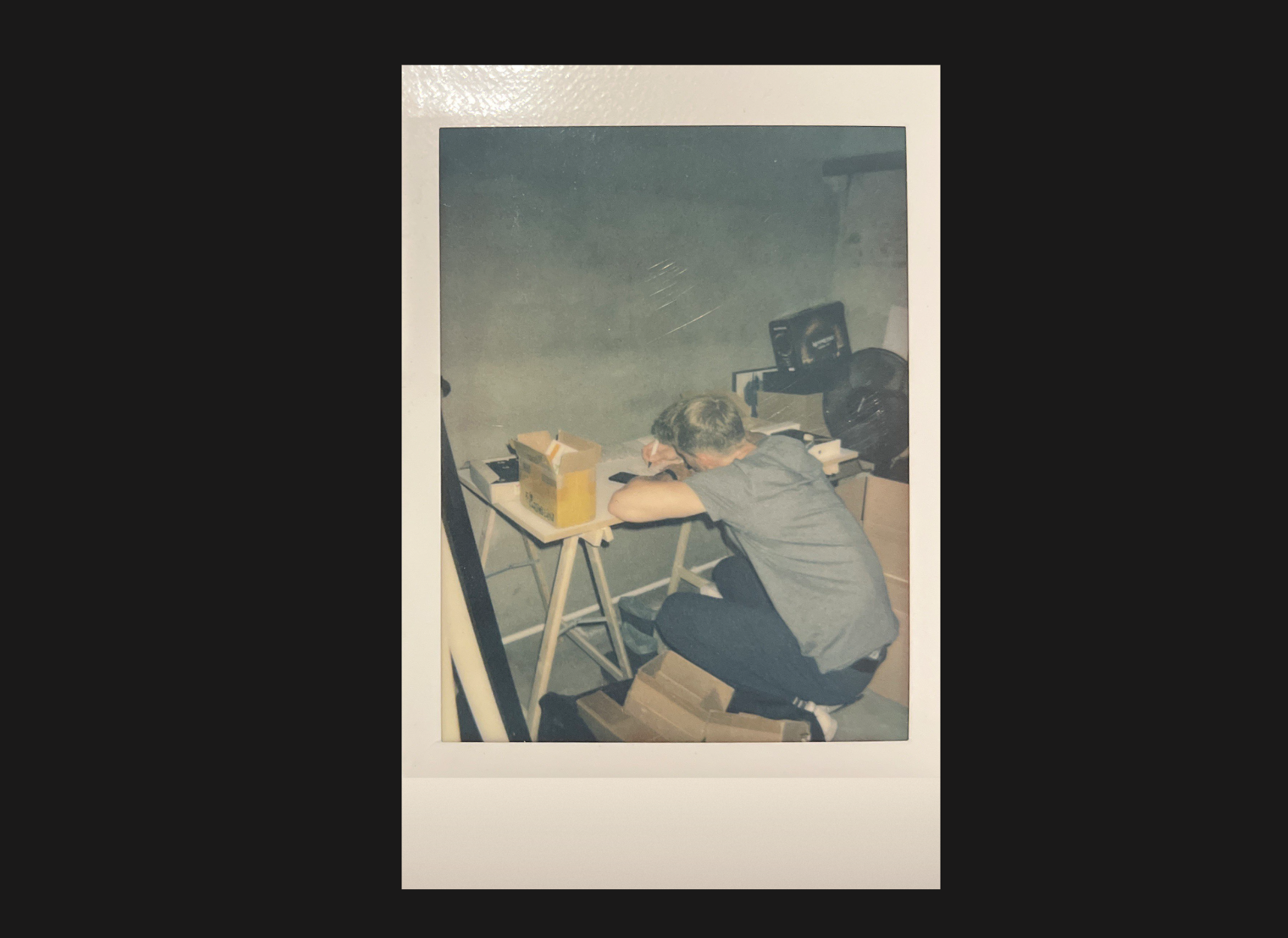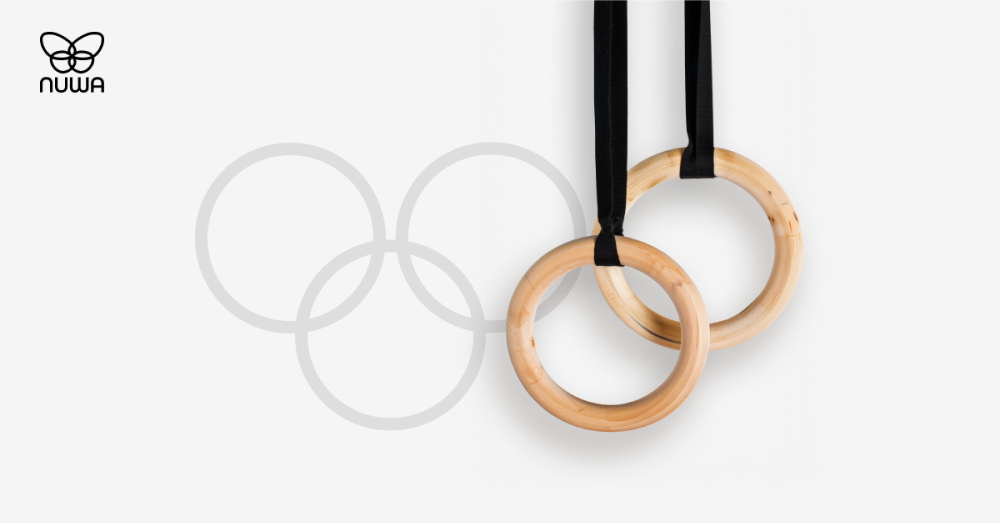It’s not uncommon to enjoy traveling. There’s something special about setting off for foreign lands, tasting unfamiliar foods, drinking with new friends, and generally escaping the monotony of daily life.
But there are a few among us who take traveling to another level. Adventures who, in a different time, would have happily jumped on a boat without knowing where they would end up. Daaf Borren, a Dutch travel writer, is one such man.
Daaf has made a career out of traveling, specifically in Africa, a continent he’s been all over. We caught up with him in his hometown of The Hague, The Netherlands, to learn more about his work and to find out what tips the ordinary among us can take from his experiences.
It was unusually and delightfully warm on the day we met; we ordered coffee in a quiet neighborhood close to Noordeinde Palace (the King’s offices). A light breeze swirled in the air, and a slow flow of traffic offered a random playlist of music.
“In secondary school, I was already interested in Africa. It was a bit of naivety and idealism. I wanted to help people,” Daaf began, explaining how he got hooked on the continent.
After a false start with Doctors without Borders, which saw him tied to a desk in Amsterdam, Daaf reached out to some correspondents with experience in Africa.
“One of them just said, just go and see what happens.”
So he did.
“I started with three months to see if I could get things running. And I did. I started going to Ghana and the West African region - Ivory Coast and Togo.”
Soon, Daaf was rolling and ticking off countries and experiences like you might tick off your daily to-do lists. But it wasn’t all picturesque sunsets and rainforest bird calls. He soon realized every story has a dark shadow.
“I started [living] in a compound when I arrived in Ghana, in an Airbnb with a German guy. We had nightly robberies. Four guys from Nigeria came in and kept us hostage for three hours.”
Adaptability is part of the gig, and it didn’t take Daaf long to realize his mistakes.
“The problem with compounds is that when you enter the compound, you have all the time in the world because it's so closed off to everything around. That’s when I started to live in a shabby neighborhood in Accra."
But the nightly robberies, however traumatic, weren’t Daaf’s primary concern. His troubles with the news industry pushed him in a different direction.
“I had a bit of trouble with the things I saw myself on the ground and the things that eventually reached the newspaper here [The Netherlands and Europe].”
After some soul-searching, Daaf founded The Bright Continent, a blog dedicated to sharing the stories of the people he met on his travels. Shortly after, he went a step further.
“I thought a book would be suitable, so I signed a book contract with a publisher in Amsterdam. The idea was to travel across the continent - I left my home base in Ghana, and over the last six years, I've traveled.”
Three to four countries at a time, Daaf traveled overland, using public transport and immersing himself in communities for months-long stints. Slowly but surely, he got more comfortable with the discomfort of the road and started to develop an attachment to it.
“South Sudan was the first difficult place, and for that reason, it impressed me. I really enjoyed Mali - once, when the UN peacekeepers were still there, I went up north on patrol for a few weeks…I’ve also always been fascinated with Congo because of its compelling history.”
Within a few minutes, Daaf lists his favorite/most memorable trips, all transpiring in war-torn or vulnerable places: Mali, South Sudan, Eastern Congo, and Western Sahara.
It’s safe to say Daaf has put himself in many situations and has experienced a wide range of cultures. He loves to share his stories with the world, but he quickly learned that sharing every detail with those closest to him was a mistake.
“Once without planning, I went from Kenya to South Sudan, and I sent my mum the travel advice from the [Dutch] government. It was dark red on the map and said ‘DON’T GO THERE’. She was so worried.”
Daaf certainly pushes the boundaries of comfort and safety when he travels. But as someone who hunts the best and most untold stories, that's to be expected. But how does a travel writer like Daaf prepare himself for the road? What does he take on journeys into the jungle, desert, and bustling metropolises? A laptop, knife, or a first aid kit?
“For every country, I take a big notebook and a small one…I always bring this small chessboard for travel. I put it in the middle of the table, and we sit for an afternoon - talk and play chess.”
Notice the simplicity in Daaf’s preparation. We could all learn a thing or two. But with so many things going on in so many different places, how does a travel writer keep track of the details, the conversations, and his ideas?
“The small notebook is to remember things: the smell on the street, the color of the sky when the sun sets, and things that happen unexpectedly. Then I take some time in the morning and evening to produce it. That time also allows me to analyze things a bit more. And this is always with pen and paper. Then, after I do a few countries, I return home for a bit. At that point, my notebooks are as valuable as my passport.”
Daaf uses paper and pen exclusively on the road, but he has his reasons.
“If [a laptop] would get dusty and break down. I just went on this freight train from Martinania to the Sahara - and you can’t take a laptop over there. So you always take a notebook.”
Not all of us are hitchhiking across North Africa on a freight train. Nevertheless, there’s a peace of mind that comes with leaving expensive technology at home.
Our time was coming to a close, but there was still time to ask: what top tips Daaf would give to wannabe travel writers?
- I try to get to know the neighborhood as quickly as possible. If local people like you, they will always protect you.
- Just go and see what happens. "At first, I was like, what shitty advice, but now I always say the same to people who want to become correspondents."
- Pack light. Two notebooks and a chessboard or something else that can connect you with people despite the language barrier.
- Be flexible. “I prepare a bit of a guideline of where I’m going…if I look at what I wrote in my book, it’s mostly stuff that happened when I was there and about people I didn't make an appointment with.”
- Be bold. "You need to be a bit naive in combination with having common sense. That’s where the best stories are."
We departed with the sun still beating down and the breeze still swirling. I couldn’t help but think we could all brighten our travels with a few simple tricks. Two notebooks and a chessboard.
Want to hear more from Daaf? Find his short stories on The Bright Continent and follow him on socials to keep updated on his upcoming book.
The Bright Continent Instagram




Leave a comment
This site is protected by hCaptcha and the hCaptcha Privacy Policy and Terms of Service apply.